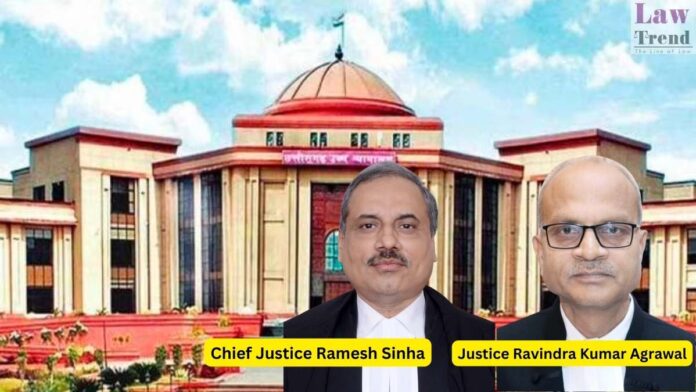The Chhattisgarh High Court has ruled that minor procedural lapses under the Narcotic Drugs and Psychotropic Substances (NDPS) Act do not invalidate prosecution cases where the recovery of contraband is otherwise proven by credible evidence. The Court made this observation while dismissing CRA No. 98 of 2024, an appeal filed by Jay Singh, who was
To Read More Please Subscribe to VIP Membership for Unlimited Access to All the Articles, Download Available Copies of Judgments/Order, Acess to Central/State Bare Acts, Advertisement Free Content, Access to More than 4000 Legal Drafts( Readymade Editable Formats of Suits, Petitions, Writs, Legal Notices, Divorce Petitions, 138 Notices, Bail Applications etc.) in Hindi and English.




